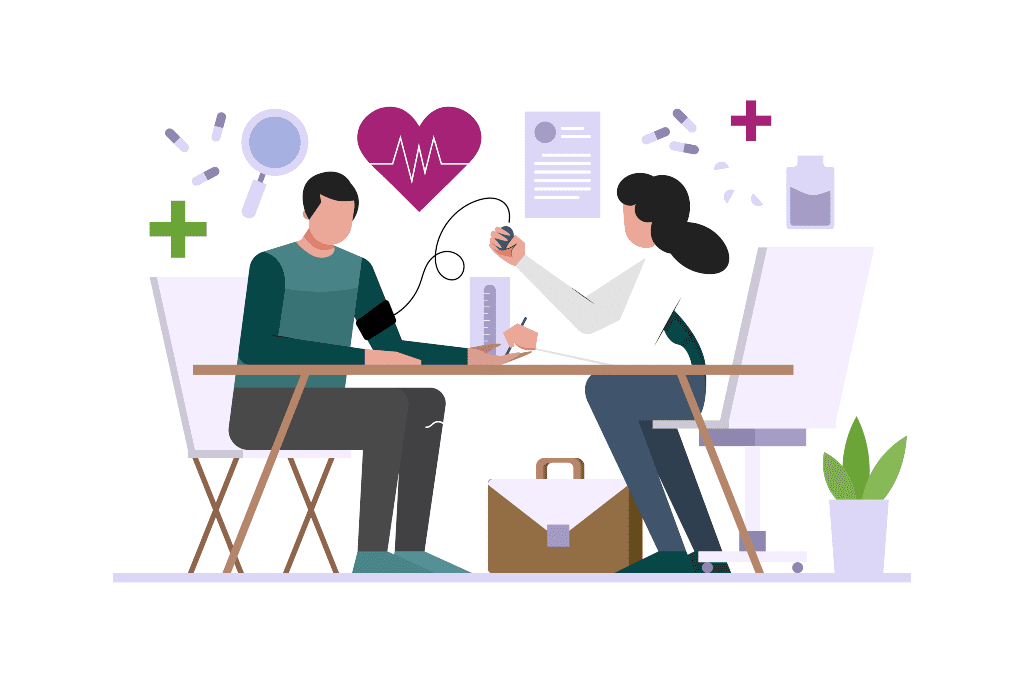
We often hear the phrase, "Prevention is better than cure," but how many of us truly internalize this wisdom, especially when it comes to our health? In an era where healthcare is becoming increasingly expensive and complex, preventive care stands as an oasis of proactivity. Let's delve into why scheduling regular preventive care visits is not just good for your health but also for your wallet and peace of mind.
What is Preventive Care?
Preventive care is the cornerstone of modern healthcare. It involves regular check-ups, screenings, and consultations aimed at detecting, preventing, or minimizing disease. Unlike acute care, which treats illness once they happen, preventive care aims to reduce the risk of health issues before they become serious.
Why is Preventative Care Important?
Early Detection, Easier Treatment
One of the most compelling reasons for adhering to a preventive care routine is early detection. Diseases like cancer, diabetes, and high blood pressure are much easier to manage when caught in their initial stages. Early treatment can lead to better outcomes and may even prevent the disease from advancing to a stage where it would require more invasive treatments.
Cost-Effectiveness
When it comes to healthcare, the financial aspect is often a significant concern. Preventive care is usually more affordable than the cost of treating a full-blown disease. Many health insurance plans offer coverage for preventive care services, making it a financially prudent choice.
Manage any Chronic Conditions
If you are living with a chronic condition like asthma or diabetes, preventive care becomes even more critical. Regular visits to your primary care provider can help manage symptoms, adjust medications, and prevent complications that could lead to hospitalization or surgery.
Improve Overall Health and Wellbeing
Preventive care goes beyond just physical health. It serves as a platform to discuss lifestyle choices, nutrition, and mental well-being. Your healthcare provider can guide you on healthier living choices, including exercise regimes, stress management techniques, and dietary plans tailored to your needs.
What to Bring to Your Annual Well Visit
If you have an upcoming preventive care visit, make sure to bring:
- Health Insurance ID Card
- List of current medications
- Immunization records
- Family health history
- Any concerns or changes in your health
Your check-up will usually include a thorough examination, including weight and blood pressure checks, and may include other screenings specific to your age, gender, and risk factors.
Navigating Insurance for Preventive Care
Most insurance plans cover preventive care services, but it’s always best to confirm with your provider. Insurance portals often have dedicated sections that list covered preventive services and in-network providers, ensuring that you're making the most of your coverage.
Scheduling preventive care visits should be a non-negotiable part of your healthcare routine. The benefits, both immediate and long-term, far outweigh the time and effort spent in a doctor's office. Remember, your health is an investment, and preventive care is the best way to secure high returns on this investment.
Make sure to schedule at least one preventive care visit a year—even if you're feeling perfectly healthy—to stay ahead in the game of life.
